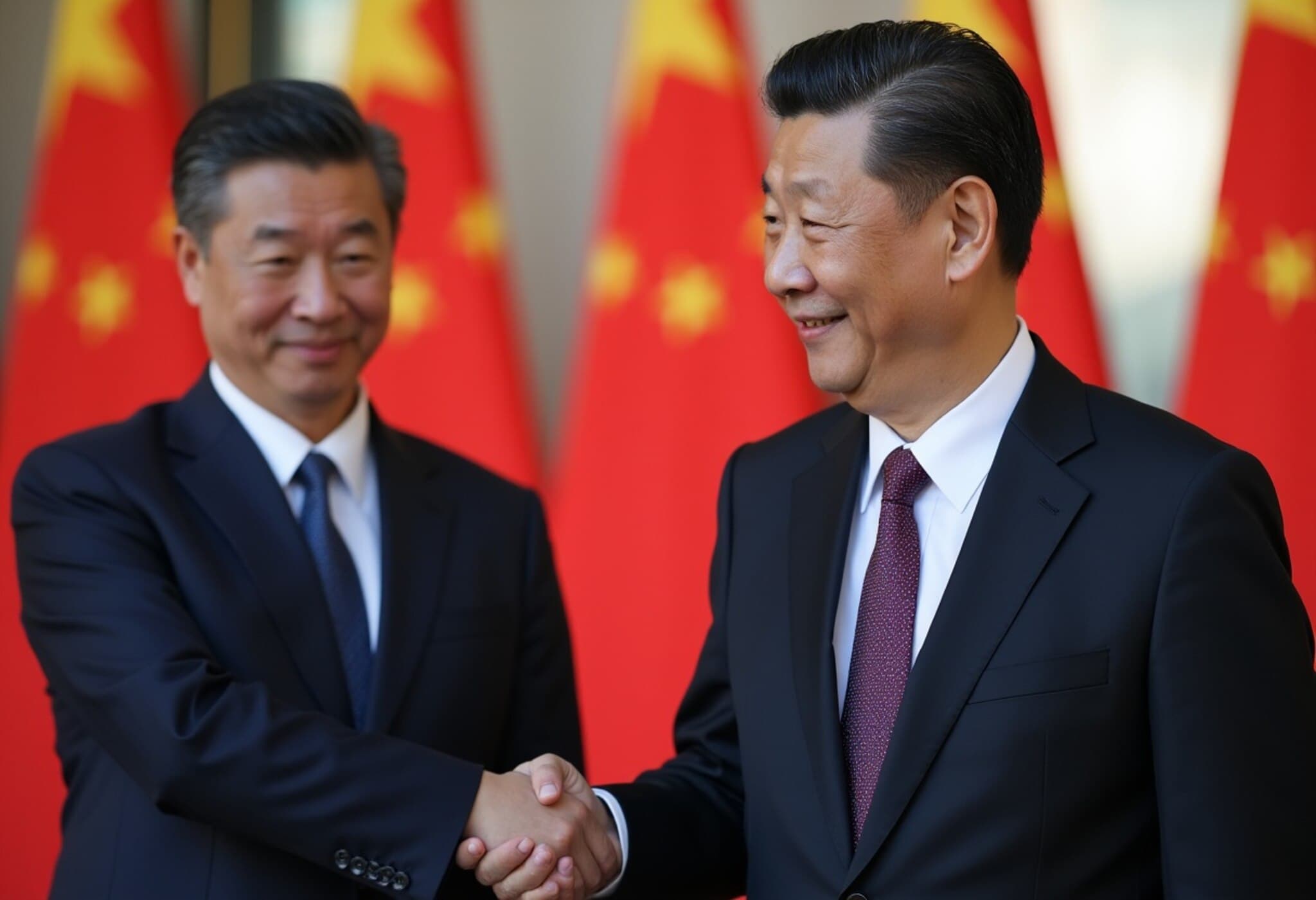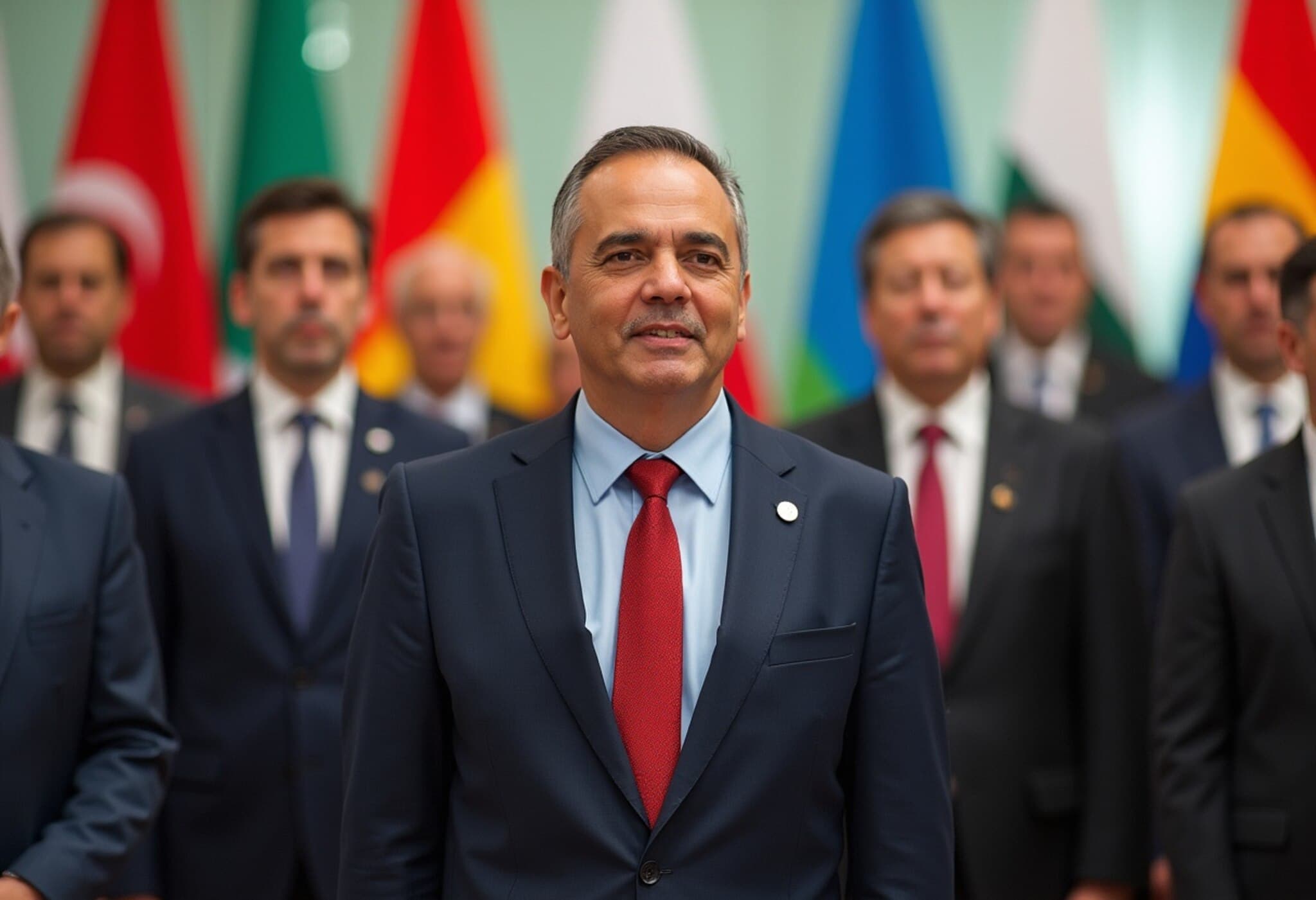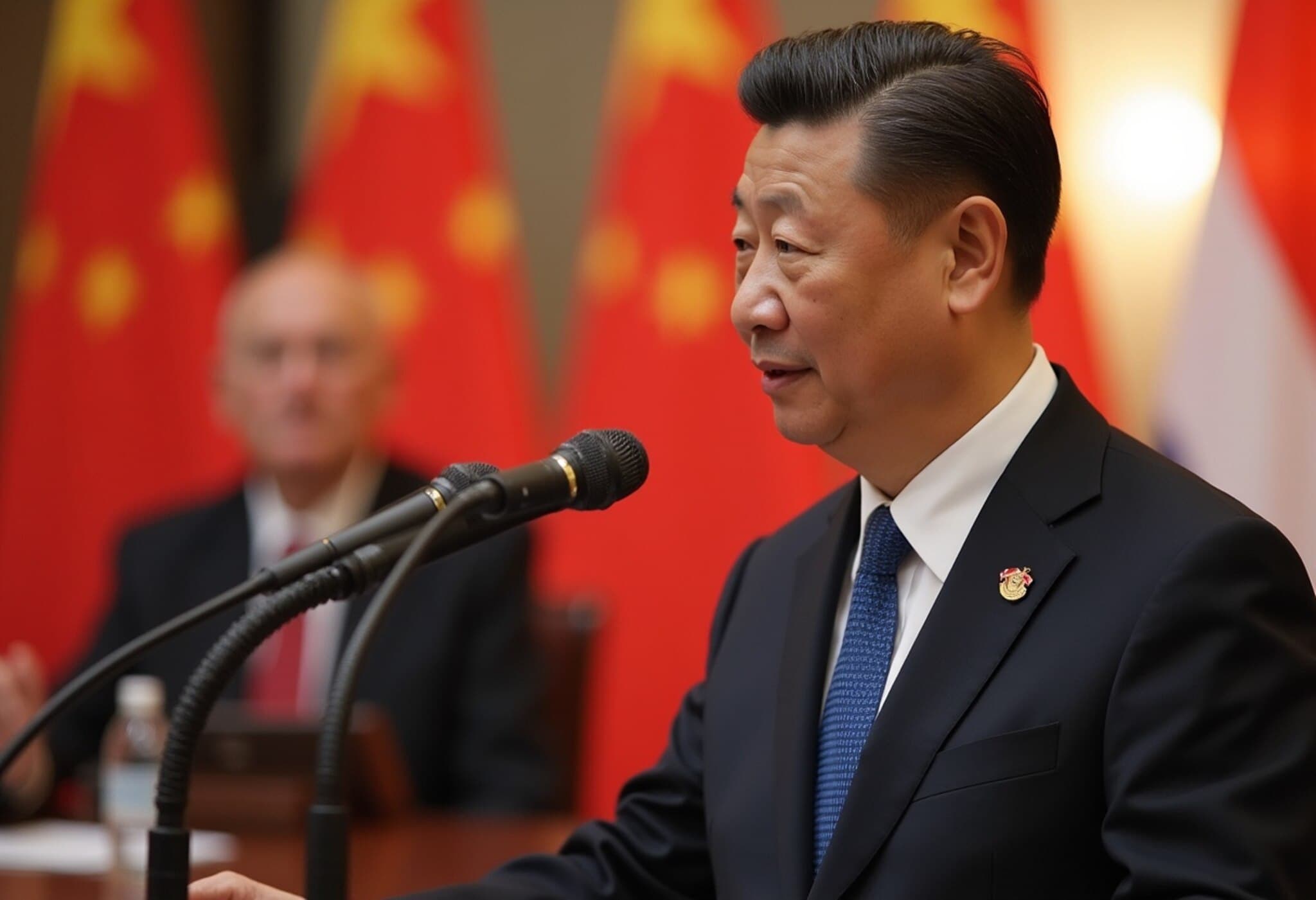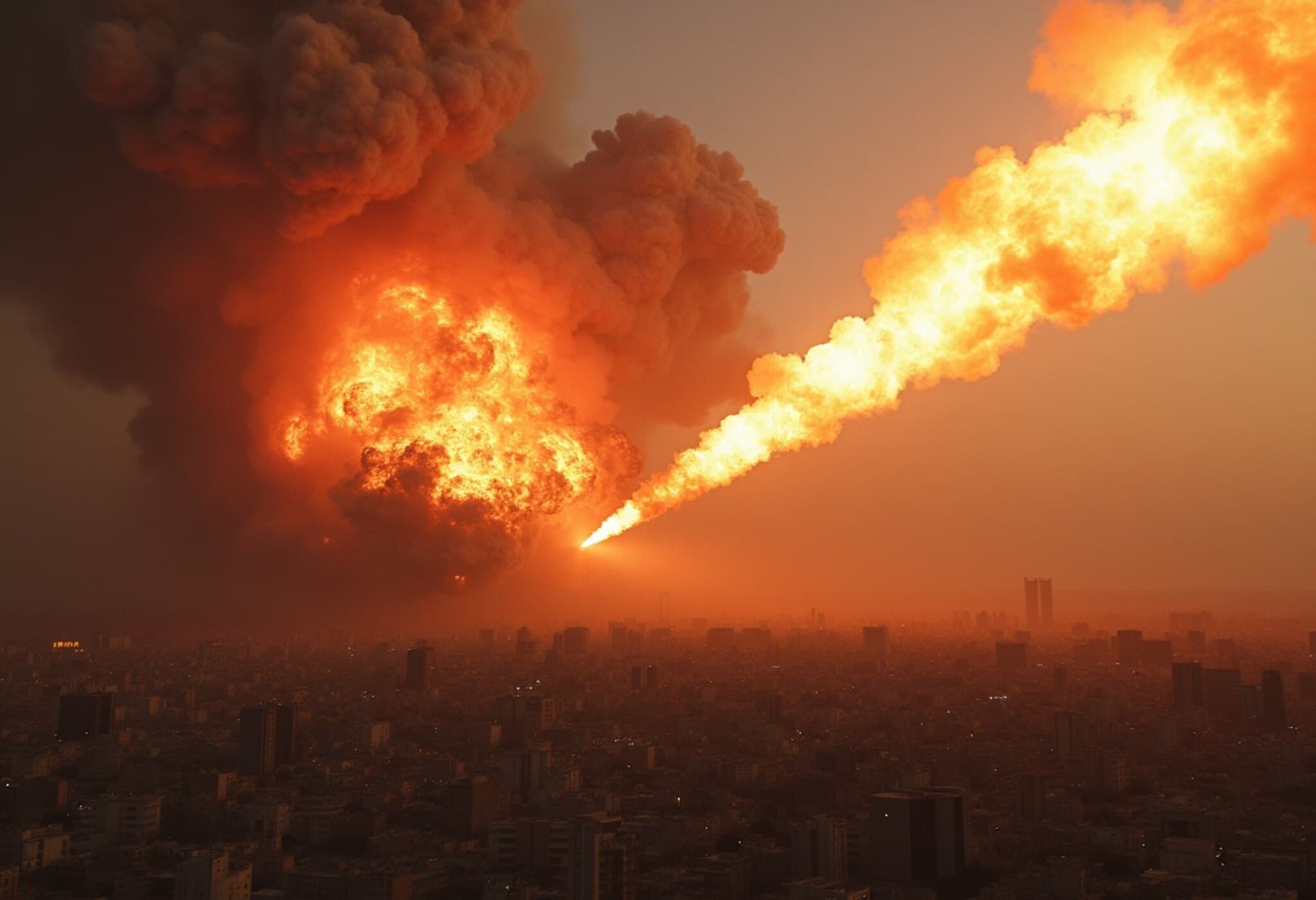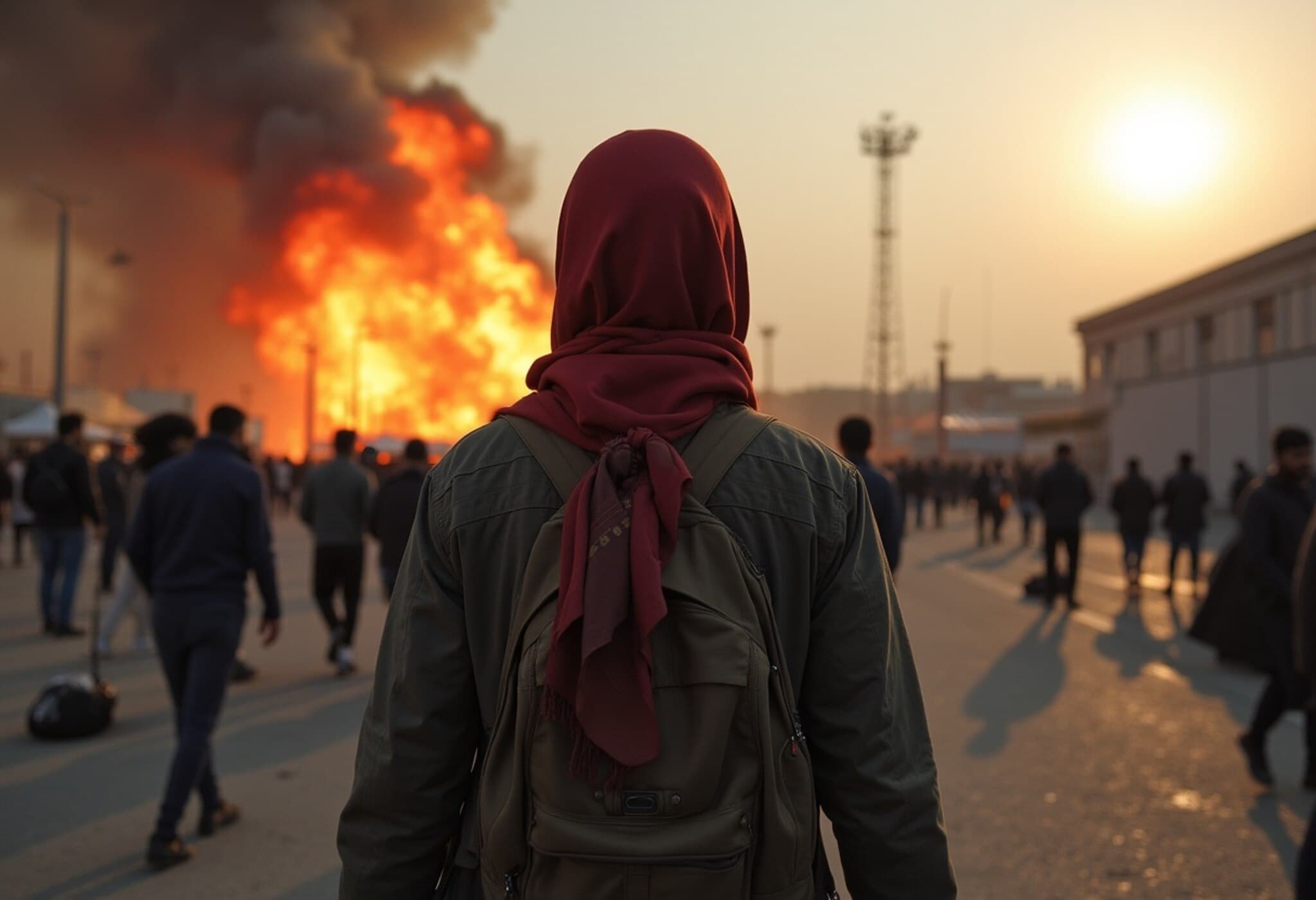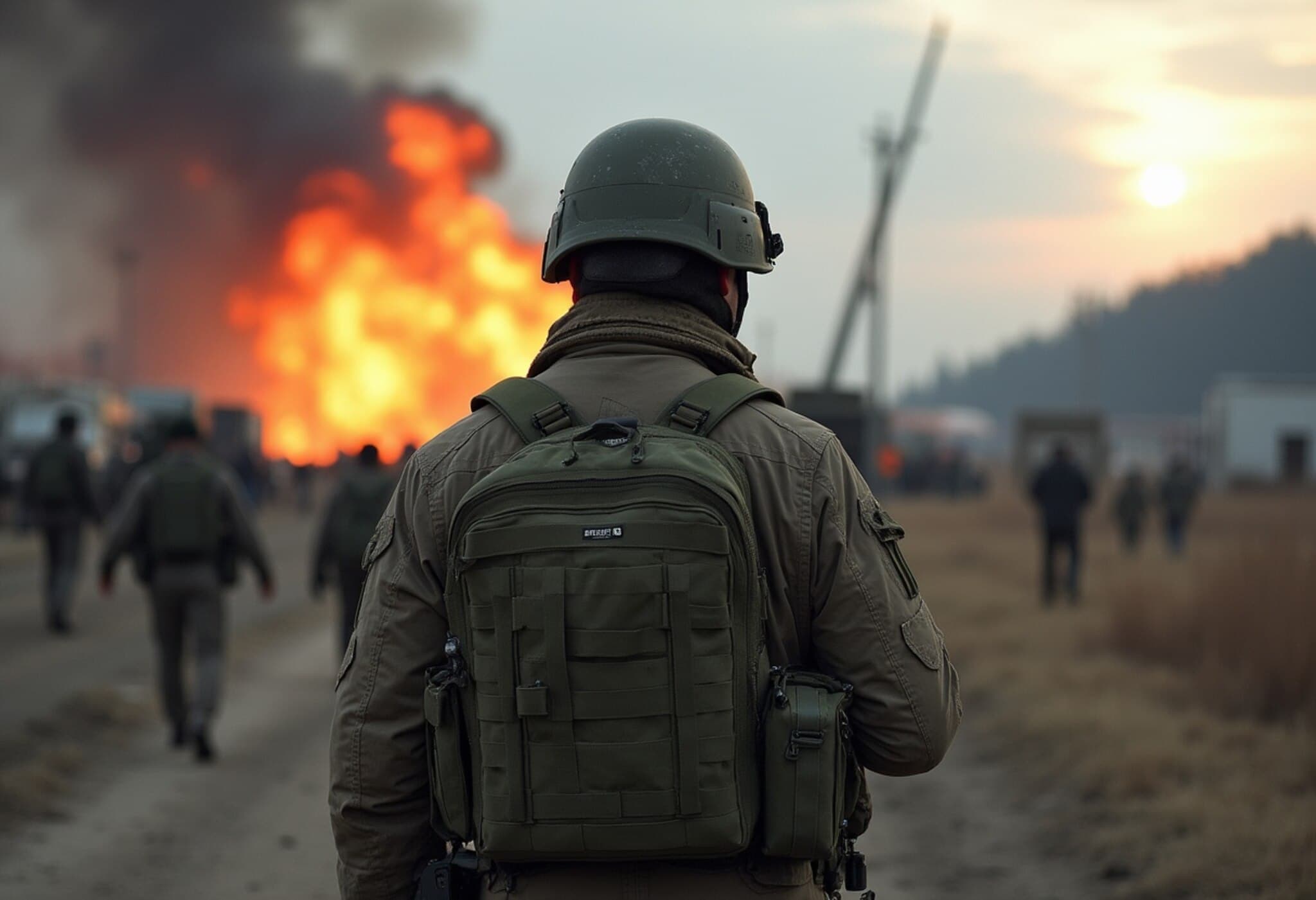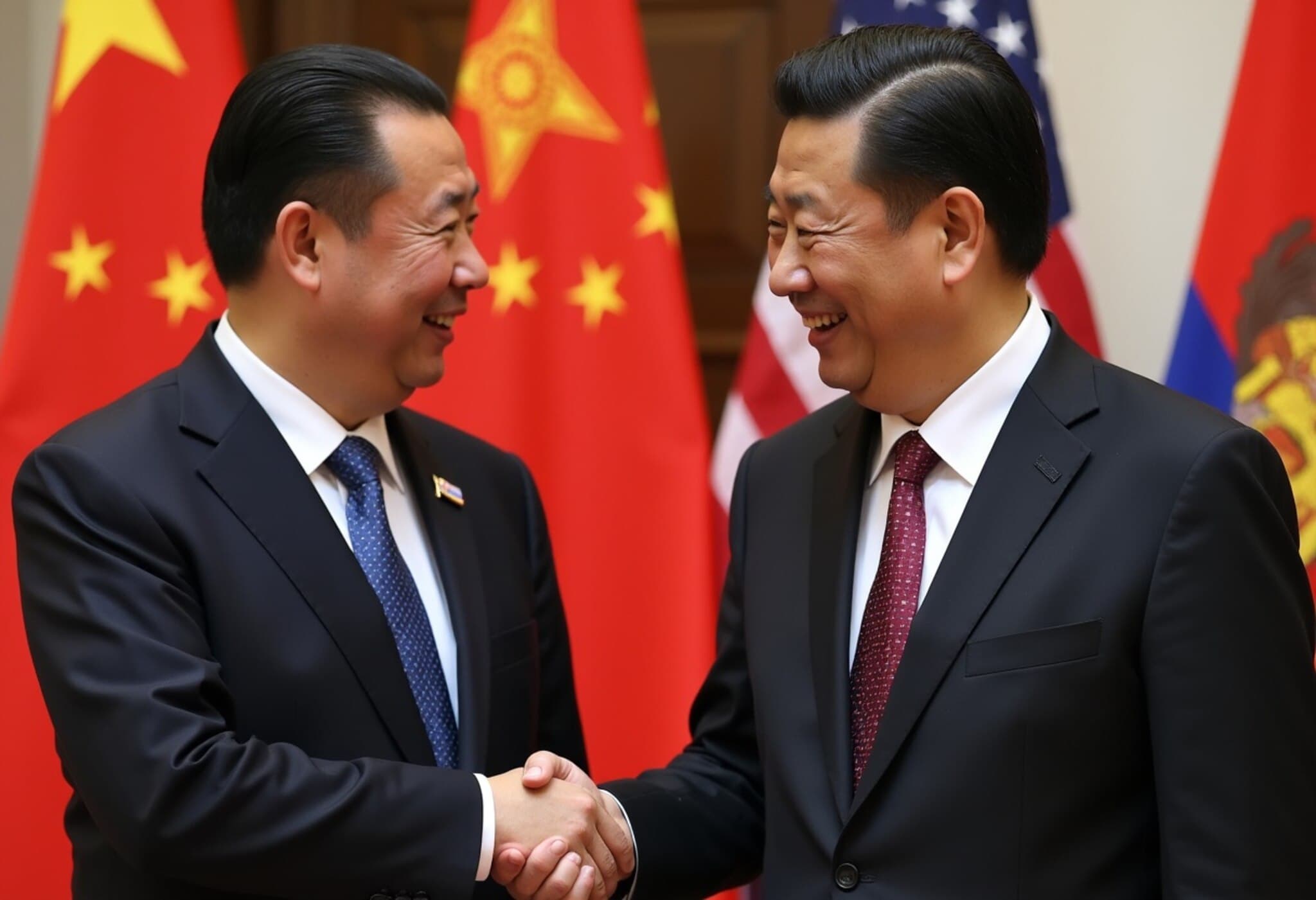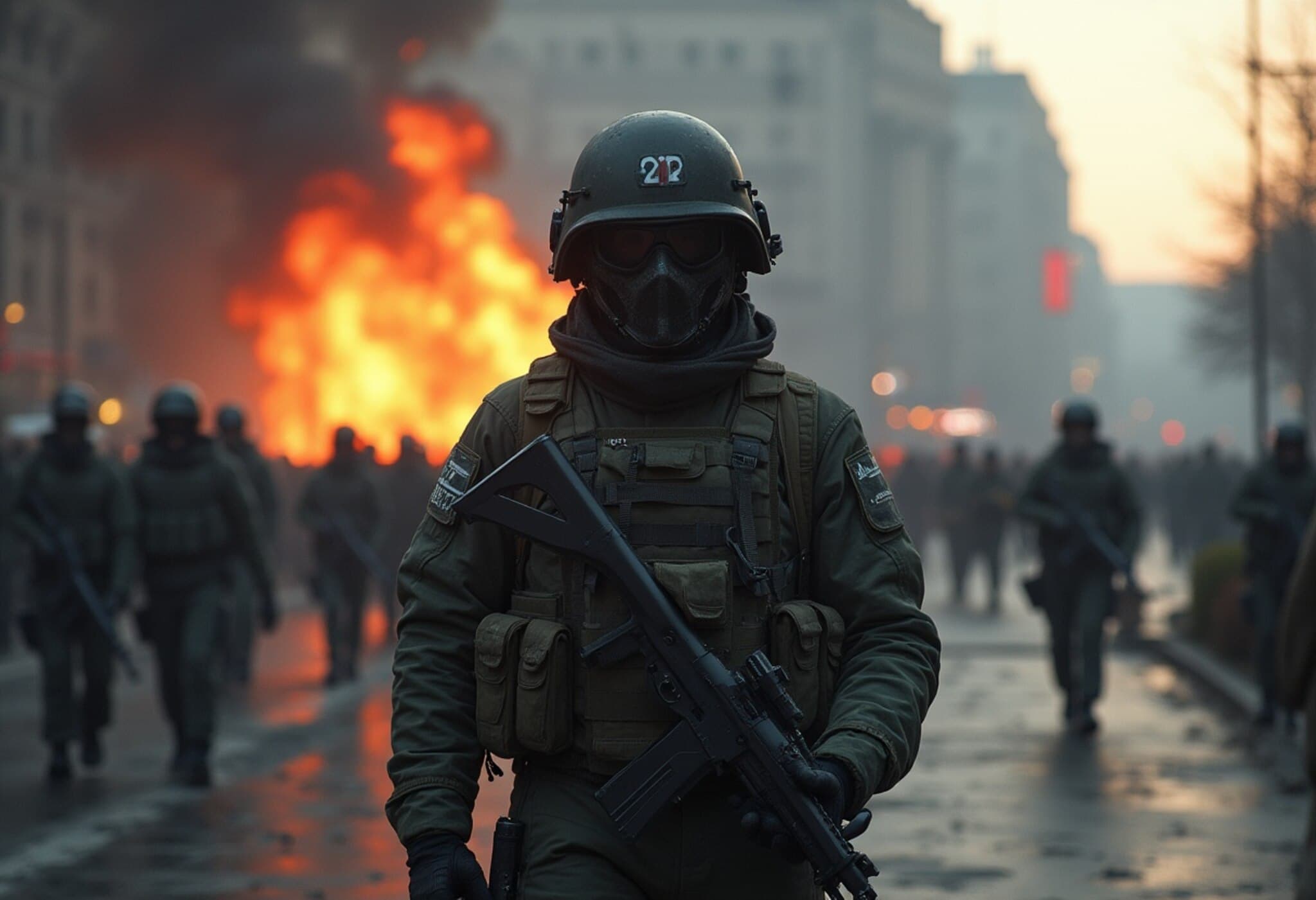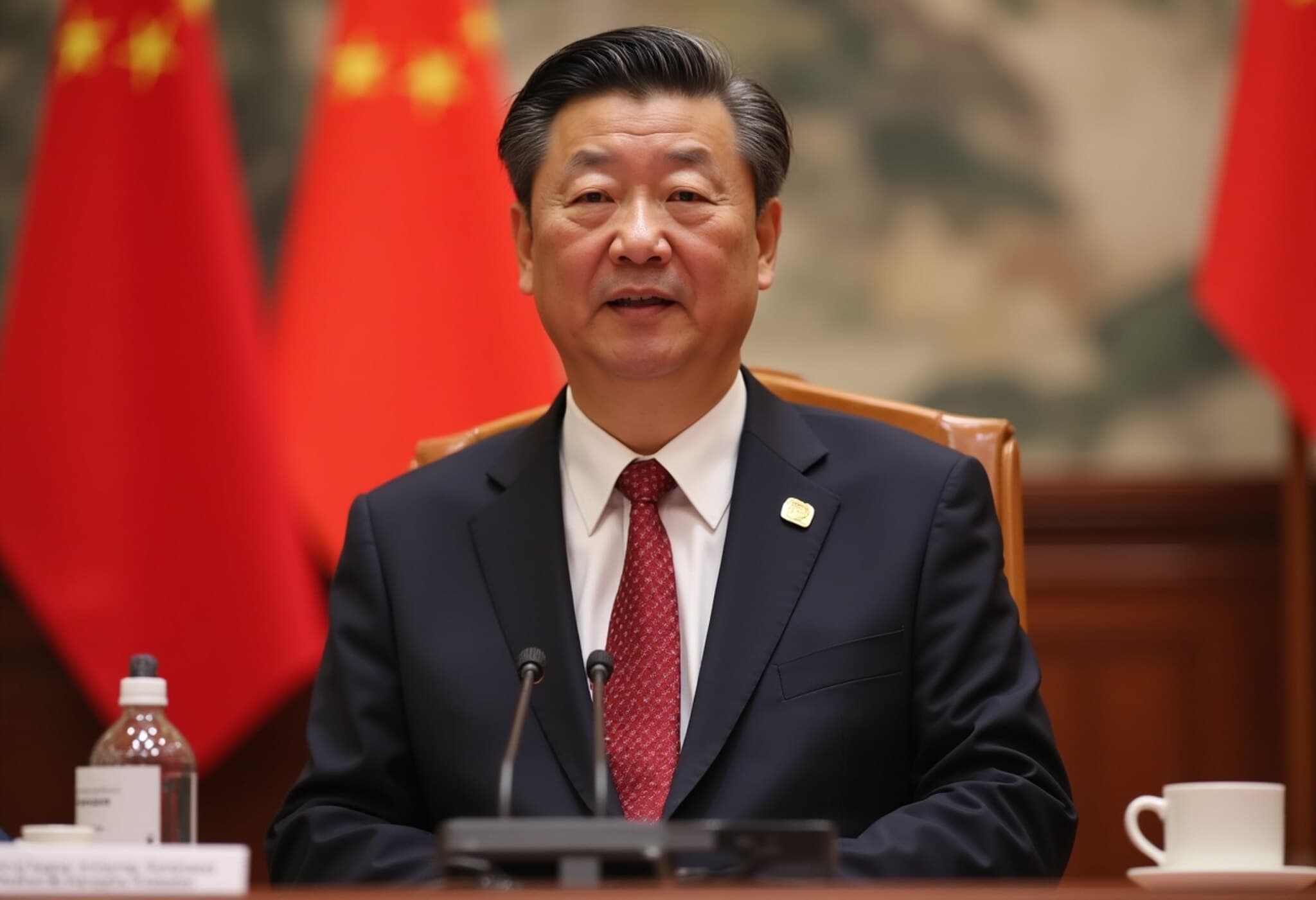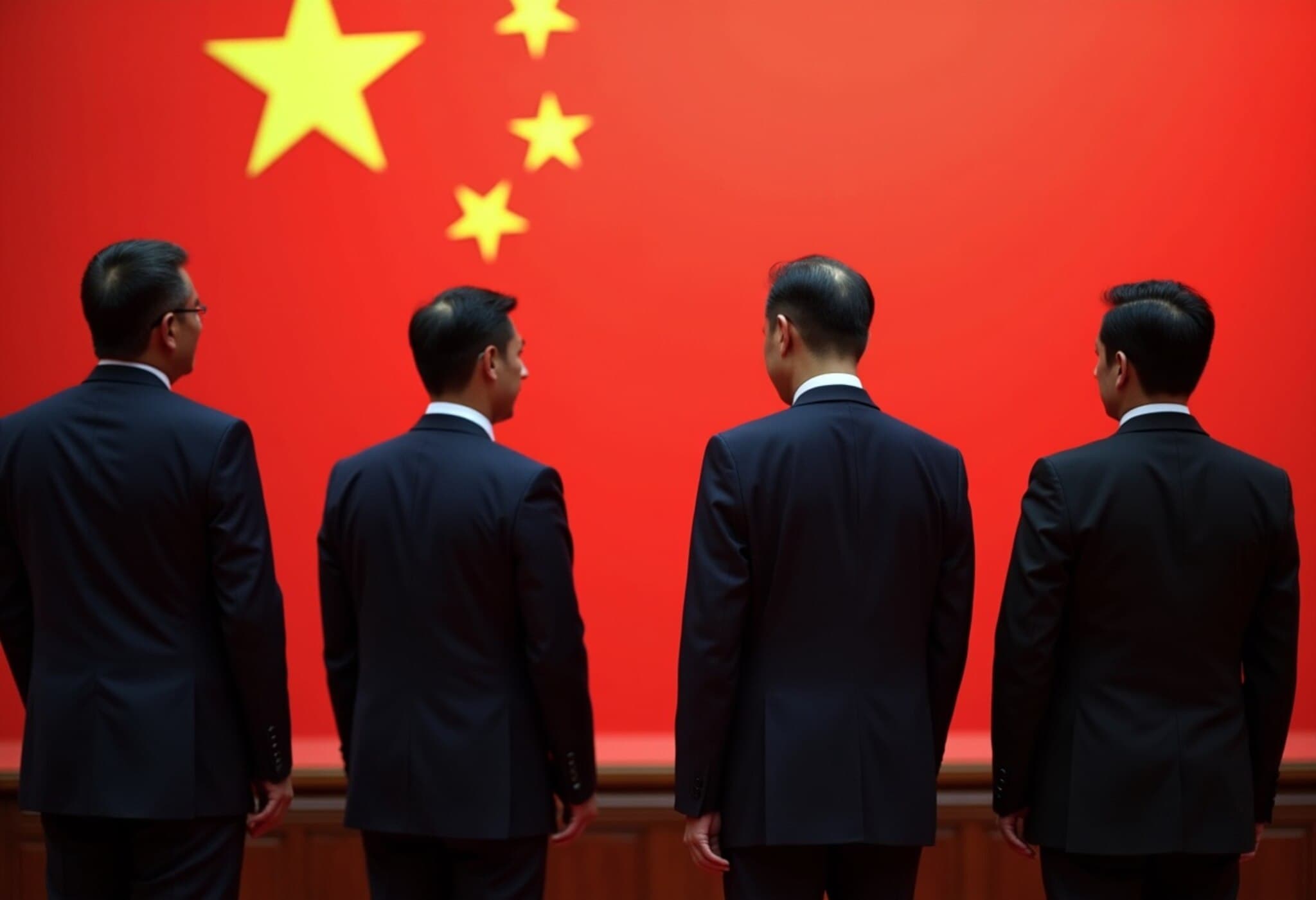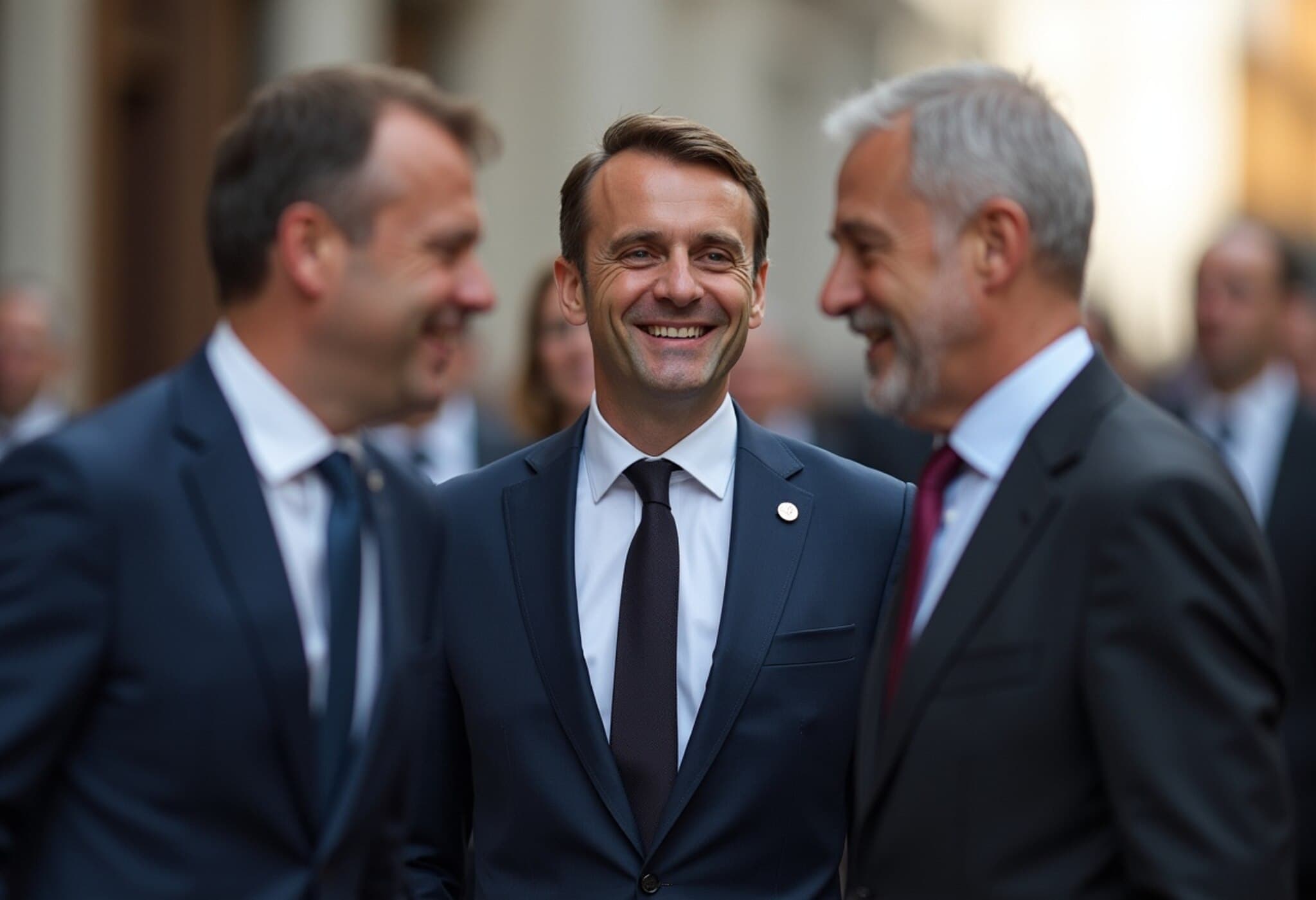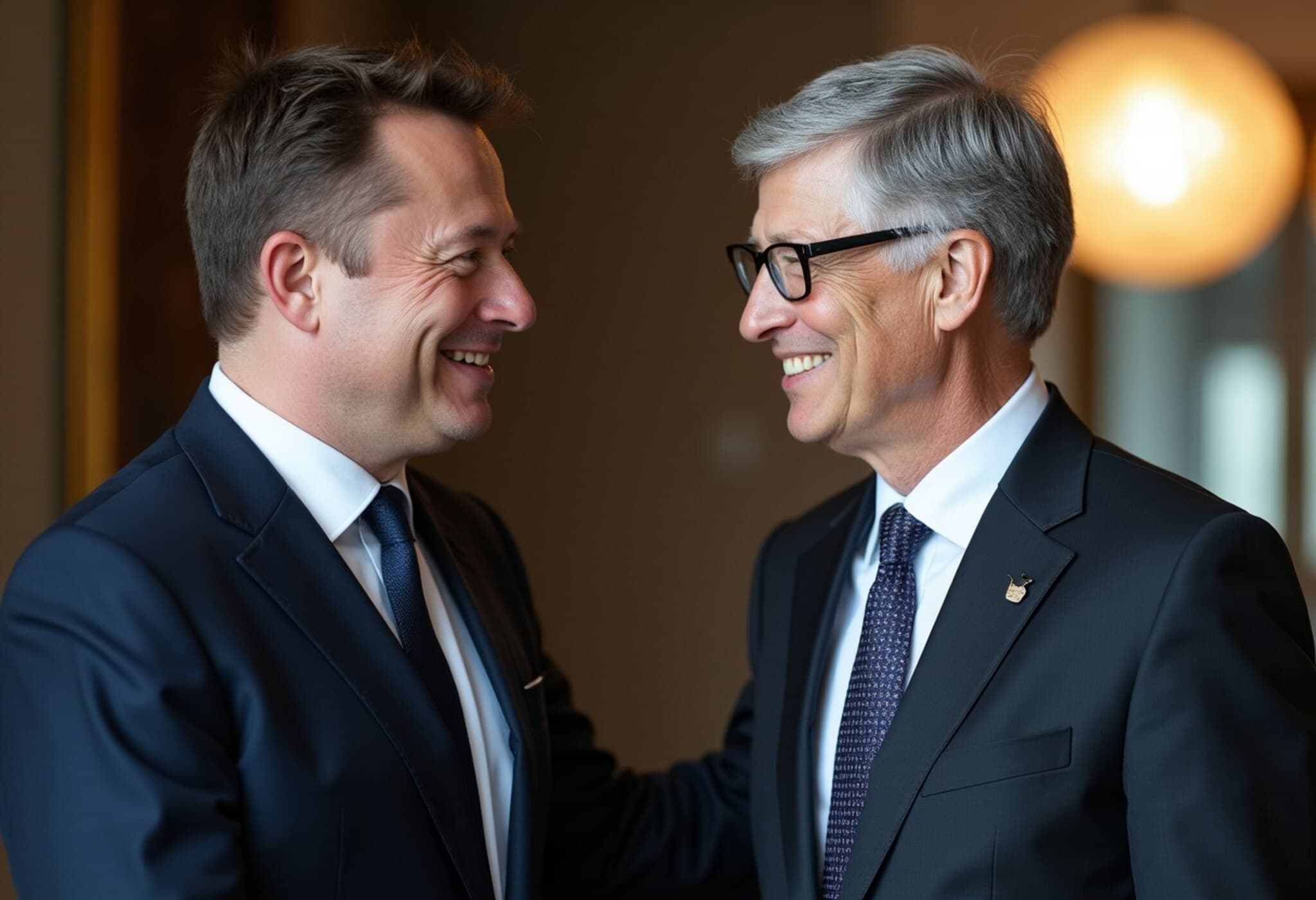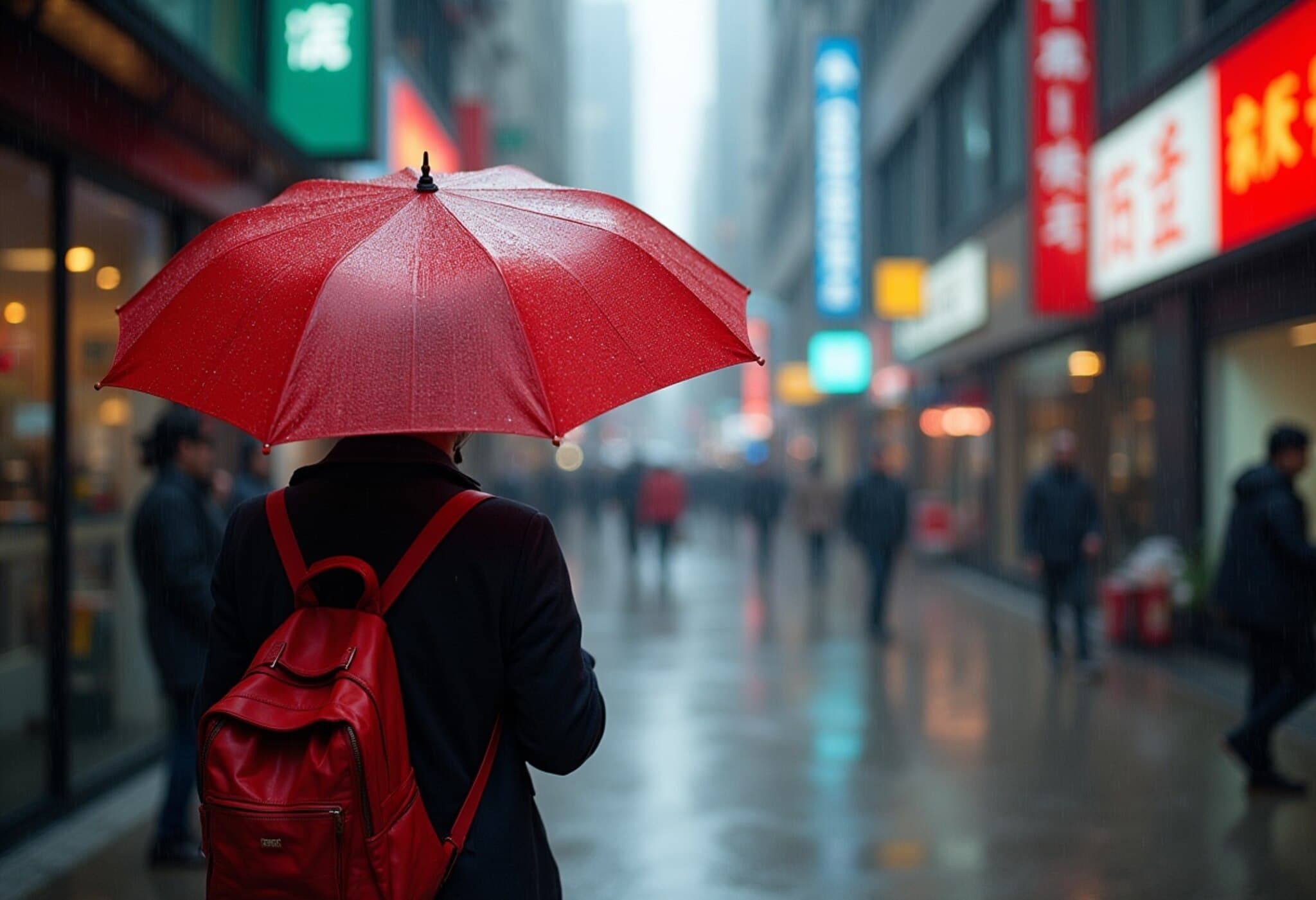Wang Yi’s European Tour Sets the Stage for Tense EU-China Summit
Chinese Foreign Minister Wang Yi’s recent diplomatic tour across Europe aimed to prepare the ground for the upcoming EU-China Summit scheduled for late July 2025. Yet, the striking geopolitical and economic tensions visible throughout his visits raise questions about whether the summit will deliver any meaningful progress or be condensed into a brief, symbolic meeting.
Mounting Tensions Overshadow Diplomatic Engagement
On July 2, 2025, in Brussels, Wang Yi met the President of the European Commission, Ursula von der Leyen, along with EU foreign ministers including Kaja Kallas. While Wang portrayed an optimistic vision of cooperation, emphasizing that China and Europe share no fundamental conflicts of interest and highlighting common economic and political goals, the gap between rhetoric and reality remains glaring.
European capitals are keenly aware that China’s extensive trade surplus with the EU and its strategic alignment with Russia complicate any straightforward partnership. In particular, China’s ongoing support to Russia amid the ongoing war in Ukraine fuels deep mistrust.
The Shadow of the Ukraine War Looms Large
Europe is currently grappling with the gravest security crisis since World War II. Russia’s sustained aggression in Ukraine owes much to Beijing’s economic lifelines. Beyond buying Russian energy exports, China reportedly supplies Moscow with critical dual-use goods, machinery, and potentially military technologies, enabling Russia to continue its offensive against Europe.
Wang Yi’s candid remark to Kaja Kallas—that China does not want Russia to lose the war—only deepened European suspicions. This stance starkly contrasts with Europe's unified support for Ukraine’s sovereignty and contrasts with Western efforts to isolate Russia.
EU-China Relations: A Complex Web of Trade and Security Disputes
The diplomatic dance also underscored long-standing economic frictions. Last year, the EU imposed tariffs of up to 35% on Chinese electric vehicles (EVs), aiming to protect its growing EV market, while China responded with trade probes into European pork, dairy, and brandy sectors.
Meanwhile, the strategic race over rare earth elements, critical for modern technology and defense systems, adds another layer of complexity. China controls around 70% of global reserves and 90% of production, giving it a powerful lever reminiscent of its earlier trade conflicts with the U.S. The EU is eager to negotiate access to these resources but remains wary of overdependence.
Within the EU, consensus on China policy remains elusive. Countries like France approach China more pragmatically, focusing on business opportunities, while others adopt a hawkish stance, prioritizing security concerns and alignment with U.S. strategies.
What to Expect at the Upcoming EU-China Summit?
Given the unresolved conflicts over trade imbalances, cybersecurity, the Ukraine war, and broader geopolitical alignments, analysts speculate the summit—originally planned for two days—may be significantly shortened or result in limited agreements.
The summit’s outcome will be closely watched as a litmus test of Europe’s ability to navigate its economic interdependence with China against the backdrop of rising geopolitical rivalry.
Expert Insight: Navigating a Strategic Crossroad
Experts suggest this summit encapsulates a broader strategic challenge for Europe. As the EU hedges between maintaining trade ties with China and asserting its values and security priorities, it finds itself at a diplomatic crossroads.
- Trade and economic cooperation remain vital but fraught with protectionist impulses and mutual suspicion.
- Security concerns—from cybersecurity threats to the Ukraine conflict—intensify mistrust.
- Supply chain dependencies on China for critical materials like rare earths pose vulnerabilities.
- Fragmented EU stance complicates a unified approach toward China.
In this context, the summit may be more about signaling and managing differences than forging new alliances.
Editor’s Note
The upcoming EU-China Summit will serve as a pivotal moment reflecting the challenges of 21st-century diplomacy where economic interests collide with geopolitical rivalries. As Europe contemplates its future relationship with China amid security upheavals, the outcomes will resonate beyond commerce into the core of international order. Readers are invited to watch how Europe's balancing act unfolds and consider the implications for broader transatlantic and global relations.

